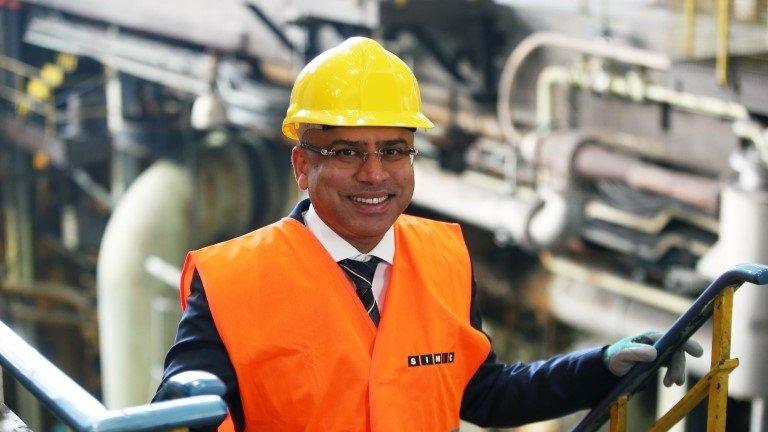Closing Port Talbot plant is better than a slow death, warns expert
- Published
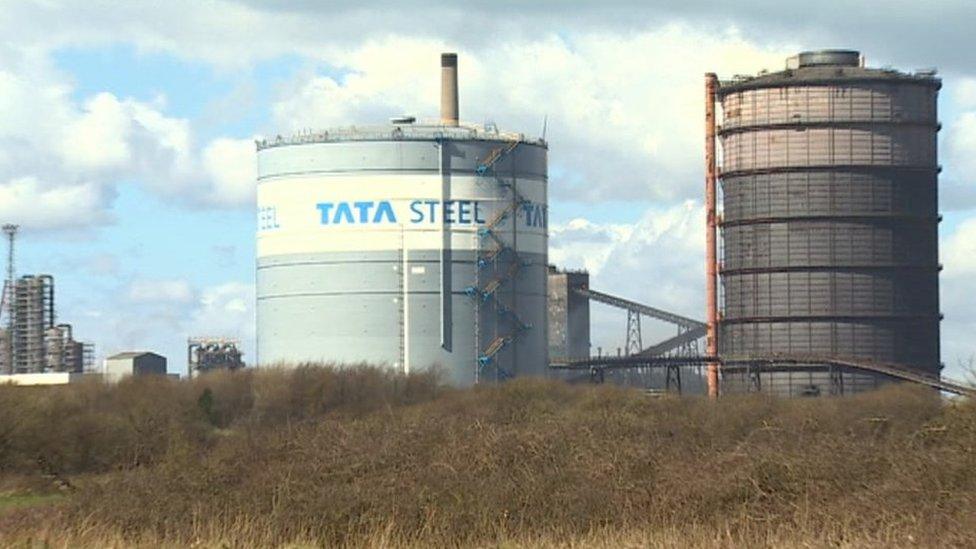
Calvin Jones, a professor at the Cardiff Business School and author of a previous report on Tata steel, explains why he believes it might be better for the Port Talbot works to close sooner rather than later.
One of the times my dear old Dad, rest his soul, was angry at me was in spring 1985.
As we watched the Maerdy miners return proudly to work banners waving, I turned to him and, in my 14-year-old naïveté, said "But Dad, they lost?"
What I later realised of course is that he was angry not because I was wrong, but because I was right.
The potential closure of Port Talbot and other Welsh steel works is like a sad, extended coda to that period.
Sick dread
Make no bones about it: the de-industrialisation of the UK was in full swing by 1985 and hasn't stopped since.
In the early 1990s the EU single market (and accession of the ex-Communist regimes), the entry of China into a globalised productive system and the ability of companies to use new ICT and the internet to manage their operations intercontinentally, turned that slippery slope into a black run.
This is the context within which we must view the Tata situation: there is no going back.
It is not surprising that the closure of Port Talbot is viewed with the same sick dread as was the closure of the Rhondda mines (although to respond with a strike would seem laughably 20th century), but dread buttered no parsnips in '85 and it won't now.
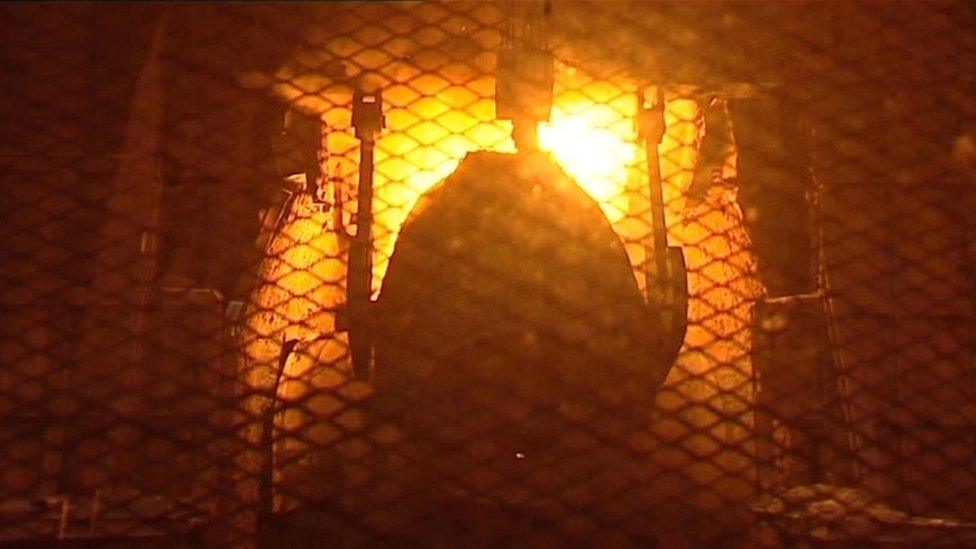
Politicians' proclamations that closure is "unthinkable" won't stop it happening in the absence of a viable investment and financial strategy, and so far nothing of any substance has emerged from either Cardiff Bay or Westminster.
This is not surprising. The UK government (and some in Europe) have, by blocking tariff increases on Chinese steel, actively colluded in the downfall of EU Steel in order to protect the affordability of the consumer durables that help prop up a fundamentally broken Western consumption model of growth.
And how can the Welsh or UK government spend income and other taxes, taken in some cases from people earning low wages or nothing at all, to protect the wages and pensions of steel workers who are, relative to others in this poverty stricken country of ours, very well paid?
Jimmy Stewart
If there is a "strategic" reason to keep steelmaking in the UK (when the key inputs are shipped in from half a world away) it needs to be much better articulated than it has been so far.
The fact is, the only horse in town (or at least cantering toward it) is that of Liberty, with Sanjeev Gupta playing Jimmy Stewart, albeit toting arc furnaces rather than a '73 Winchester.
We must however remember that the very reason steel making still happens in Port Talbot is the deep water port - a rationale that disappears if scrap inputs are purchased locally.
So if Liberty want to make recycled steel, why choose the restructuring of a very old and very complex site over a green field development anywhere in the world?
In short, because this proposal requires the "socialisation" of Tata's liabilities at Port Talbot - specifically the pension fund and the land remediation - as well as the levering of lower electricity costs by avoiding those pesky carbon taxes.
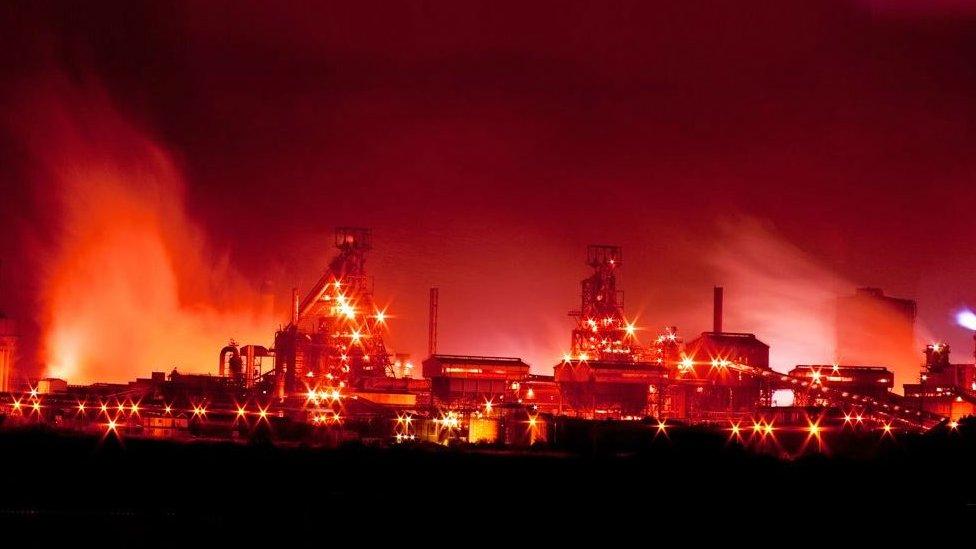
The risk here of course is that Tata could walk away from their liabilities right now, and with the UK or Welsh Government shouldering them in return for the prospect of employment being retained at Port Talbot, although who knows for how long?
Celsa, using an arc furnace in Cardiff was last profitable in - drum roll - 2008.
It is with absolutely no pleasure that I suggest that if Port Talbot is to close - and it will - it may be better done now when we can squeeze every remedial rupee possible out of a rich corporate owner.
The alternative will be the death of a thousand cuts for the next decade or more, with the public sector left to clean up the eventual mess, and in the meantime no one able to develop a positive, sustainable vision for Port Talbot.
Remember, this is a town on the M4, with very good mainline rail links, a fabulous beach and nice town centre. We absolutely can make it work, post-Steel.
I can't help thinking that if politicians, of a number of stripes in the UK, really cared about "strategic"' heavy industries, then they shouldn't, over the last three decades, have colluded in (and encouraged) the wide-boy financialisation; tax and productive offshoring; consumption frenzy; and real-estate focus of the UK economy.
The manufacturing ship has long sailed, and it will require a far more serious re-evaluation of economic and yes, industrial, policy in the UK and EU to bring it back.

- Published6 April 2016

- Published6 April 2016
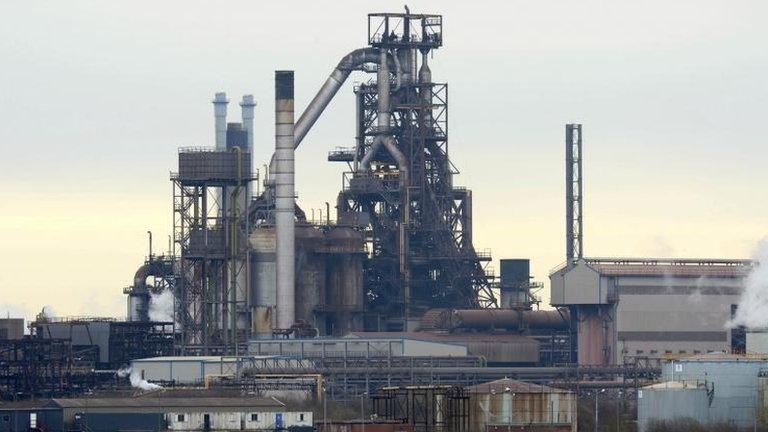
- Published5 April 2016
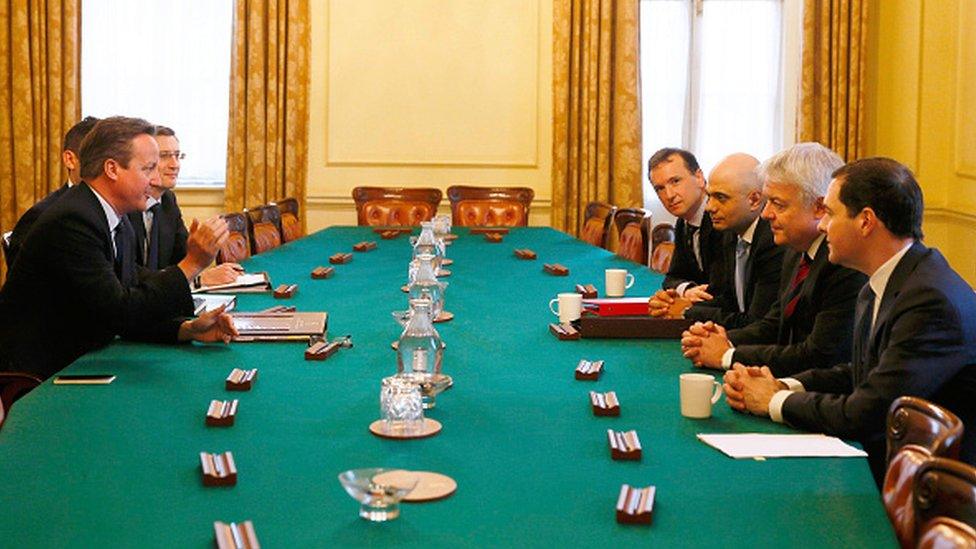
- Published4 April 2016
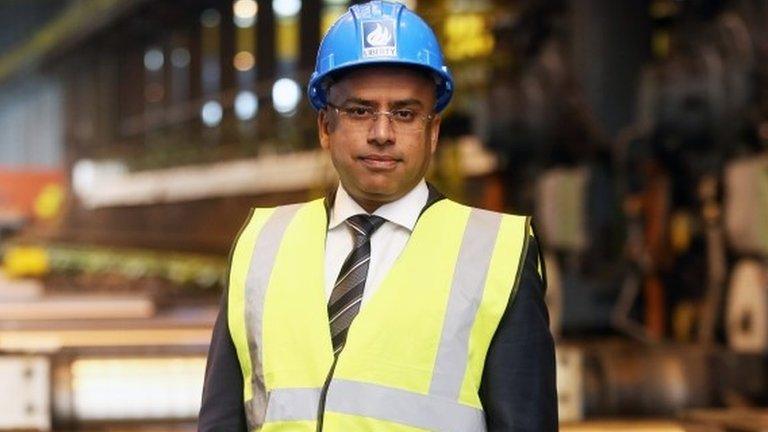
- Published4 April 2016
